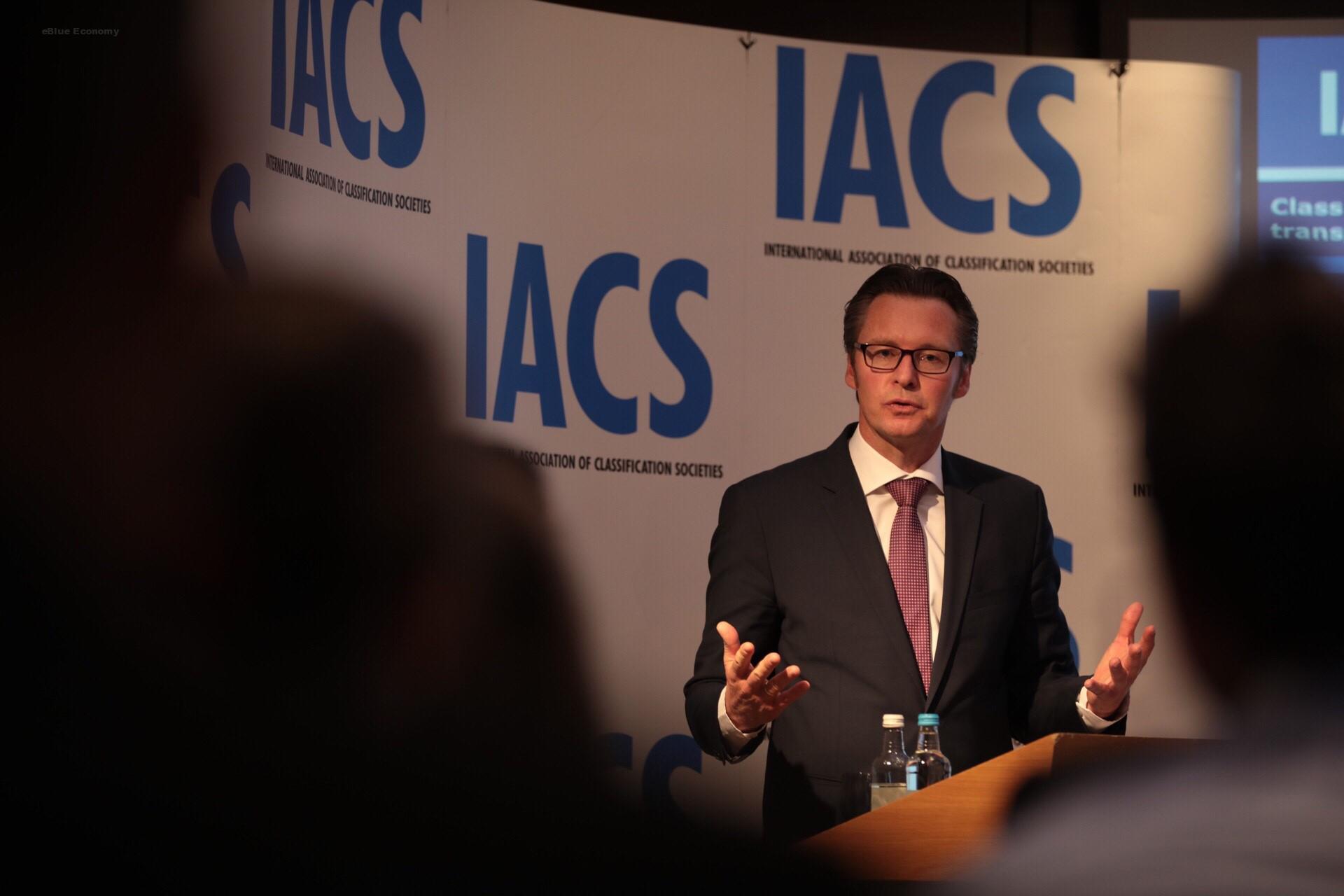A ship intended to sail in international trade must hold a valid class certificate, issued upon verification of its compliance with the rules of a Classification Society.
Member societies of the International Association of Classification Societies (IACS) are non-governmental organizations that are responsible for more than 90% of the world’s cargo-carrying ships’ tonnage.
Some of these societies have been around for a very long time. Lloyd’s Register of London for example was established in 1760. In those times, the shipping industry was experiencing rapid growth and was in a need of a system to properly assess and ensure the quality of the ships embarking on travel on the high seas.

The classification process begins at the start of a vessel’s life with the evaluation of a submitted vessel design to determine its compliance with the rules.
During construction, classification society surveyors attend the vessel to verify that it is built in conformance with the drawings and to the rules.
Upon delivery, the vessel will receive periodic surveys by the society to verify that it is being maintained to the required standard.
The International Association of Classification Societies (IACS) is a collective of ten of the more than 50 organizations worldwide that provide a classification of ships.
These ten societies, together with an additional associate society, class around 94% of the entire commercial fleet involved in international trade worldwide. With a mantra of “dedicated to safe ships and clean seas”,
IACS makes a unique contribution to maritime safety and regulation through technical support, ensuring standard compliance, research, and development.
IACS, along with other classification societies outside of this group, establish and apply technical requirements for the design, construction, and survey of marine-related facilities, most often ships and offshore structures.
These requirements are then published as classification rules. Importantly, IACS stresses that classification societies are not “guarantors of the safety of life or property at sea or the seaworthiness of a vessel” because classification societies have no control over how a vessel is operated and maintained in between surveys.
It is often easier to explain the role of classification by explaining what a classification society does not do, as there are many misconceptions about the role of class. Put simply, a classification society does not design, build, own, operate, manage, maintain, repair, finance, insure, or charter ships, and as an independent, self-regulating, externally audited, body, a classification society has no commercial interests related to shipping design, shipbuilding, ship ownership, ship operation, ship management, ship maintenance or repairs, insurance, or chartering.

IACS had a vital role in the implementation of ISM, a mainstay in the shipping industry today, wherein the IACS developed guidelines and provided interpretations of the ISM Code. Having the majority of the world’s fleet under its purview and the extensive knowledge associated with it, IACS also enables cooperation with the Port State Control (PSC) to ensure high quality in the maritime field.
The ESP was introduced for oil tankers and bulk carriers by the IACS in 1993. Included in SOLAS Chapter 9, it came into full effect in 1996.
The ESP requires full planning in advance of the periodical classification surveys and associated minimum requirements with increasing stringency and maintenance of onboard documents.

While it might seem cumbersome this, in turn, may increase the efficiency of merchant shipping and reduces risks associated therein with regard to the same. Its motto of safe ships and clean seas is indeed adhered to with the enforcement of such standards.














